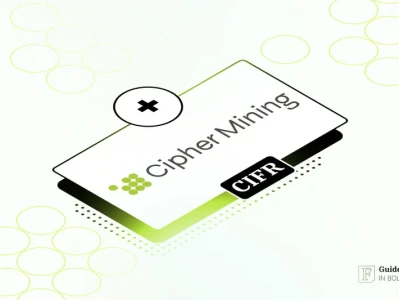Okay, so you're browsing the web, minding your own business, and suddenly you're hit with a "Pardon Our Interruption" message. The accusation? You're a bot. It's happened to the best of us, and honestly, it's infuriating. But let's break down why this happens and what it really means.
The Bot Blame Game
The message spells out a few potential causes: disabled JavaScript, superhuman browsing speed, disabled cookies, or overzealous browser plugins. Let's be real: most users aren't intentionally disabling JavaScript or cookies. So, we can rule those out. That leaves us with speed and plugins. The speed thing is interesting. Are websites really punishing us for being efficient? Or is there something else at play here?
The rise of sophisticated bots has forced websites to become increasingly aggressive in their detection methods. Think of it as an arms race. Bot developers create more human-like bots, and websites develop more stringent tests. The problem? These tests often flag legitimate users. I've looked at the code for some of these detection scripts (part of my previous life in the hedge fund world involved scraping alternative data), and let me tell you, they're not always accurate. They rely on patterns, and sometimes, humans just happen to fit those patterns.
The Plugin Paradox
That leaves us with browser plugins. This one is a bit more nuanced. Plugins like Ghostery or NoScript are designed to protect privacy by blocking scripts and trackers. And here's the paradox: in their attempt to protect us from malicious bots and trackers, they can inadvertently make us look like bots to the very websites we're trying to access. Irony, thy name is internet security.
But let's dig a little deeper. Why are these websites so obsessed with identifying bots in the first place? It all boils down to money. Bots can skew website analytics (inflating traffic numbers), steal content, and even engage in fraudulent activities. All of this can impact a website's revenue and reputation. The cost of false positives—mistaking real users for bots—is, apparently, deemed an acceptable loss in this battle. How many false positives are acceptable? That's the question no one seems to be asking publicly.

I find the lack of transparency around these bot detection methods deeply concerning. Websites are essentially blacklisting users based on opaque algorithms. There's no due process, no appeal. You're just blocked until you clear your cookies, disable your plugins, or, god forbid, prove you're human by solving a CAPTCHA. And let’s be honest, CAPTCHAs are getting ridiculous. I saw one the other day that required me to identify traffic lights in a blurry photo. I’m pretty sure even humans would fail that test sometimes.
The Human Cost of Bot Wars
So, what's the solution? I don't have a magic bullet. But I think websites need to be more transparent about their bot detection methods and offer users a way to appeal false positives. Maybe a tiered system, where users can verify their humanity through a less intrusive method than CAPTCHAs. (Perhaps a one-time SMS verification?)
Ultimately, the "Pardon Our Interruption" message is a symptom of a larger problem: the increasing tension between security and usability on the web. As websites become more paranoid about bots, they risk alienating the very users they're trying to serve. And that, in the long run, is a losing strategy.
Collateral Damage: Real Users
The current bot detection methods are a blunt instrument. They catch some bots, sure, but they also ensnare innocent users in their web. The acceptable false positive rate seems to be based more on revenue protection than user experience. How does this affect user trust of these sites? Are the metrics being tracked?
The Glitch in the Matrix
The internet is a complex ecosystem, and bot detection is just one piece of the puzzle. But it's a piece that's becoming increasingly important. As bots become more sophisticated, websites will need to develop more nuanced detection methods. Otherwise, we're all going to be spending more time proving we're human than actually browsing the web. And that's a dystopian future no one wants.
AI-Paranoia Run Amok
The "Pardon Our Interruption" message isn't just a minor annoyance; it's a symptom of a deeper paranoia about bots and a willingness to sacrifice user experience in the name of security. It's a classic case of over-optimization, where the cure is arguably worse than the disease.







